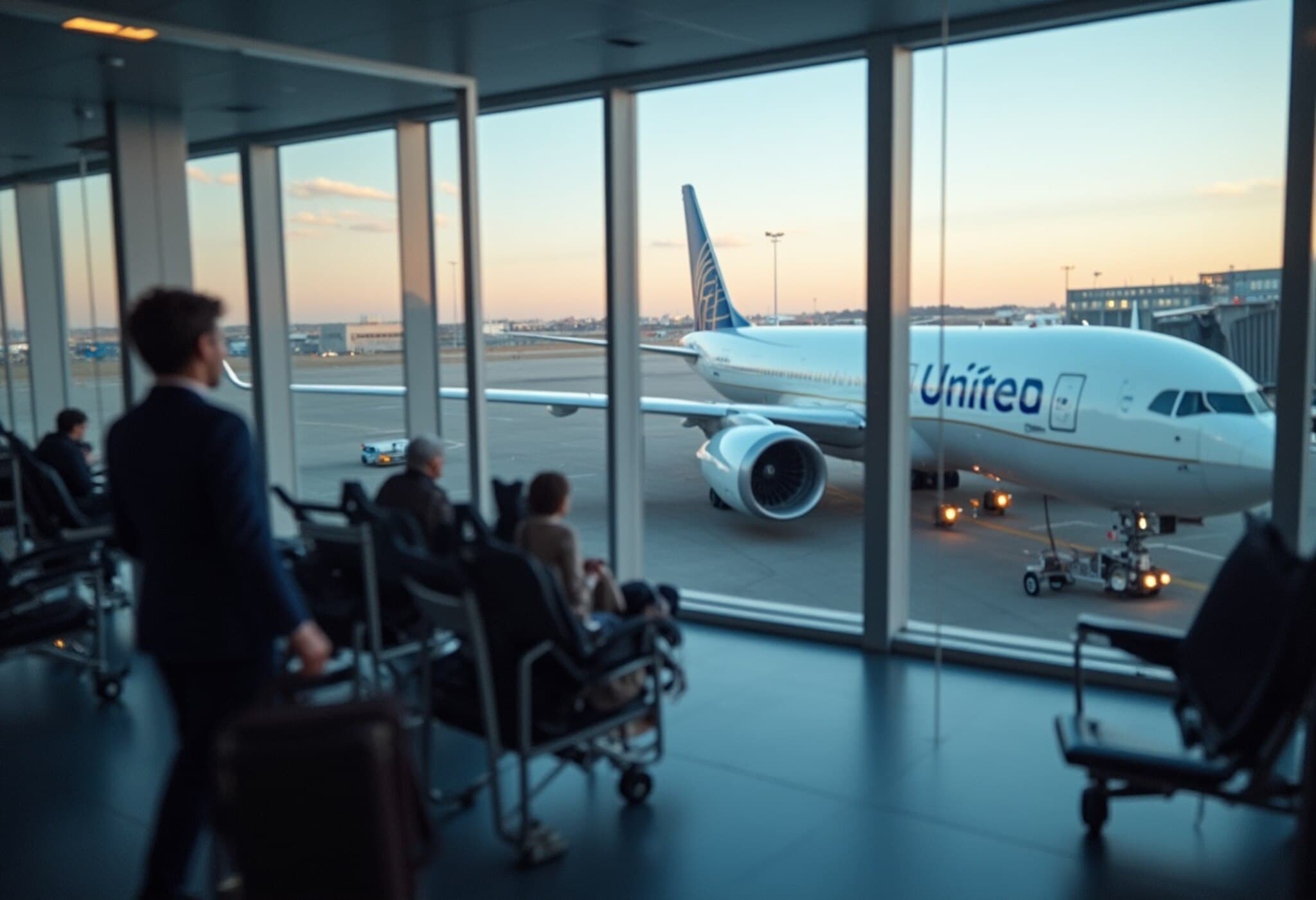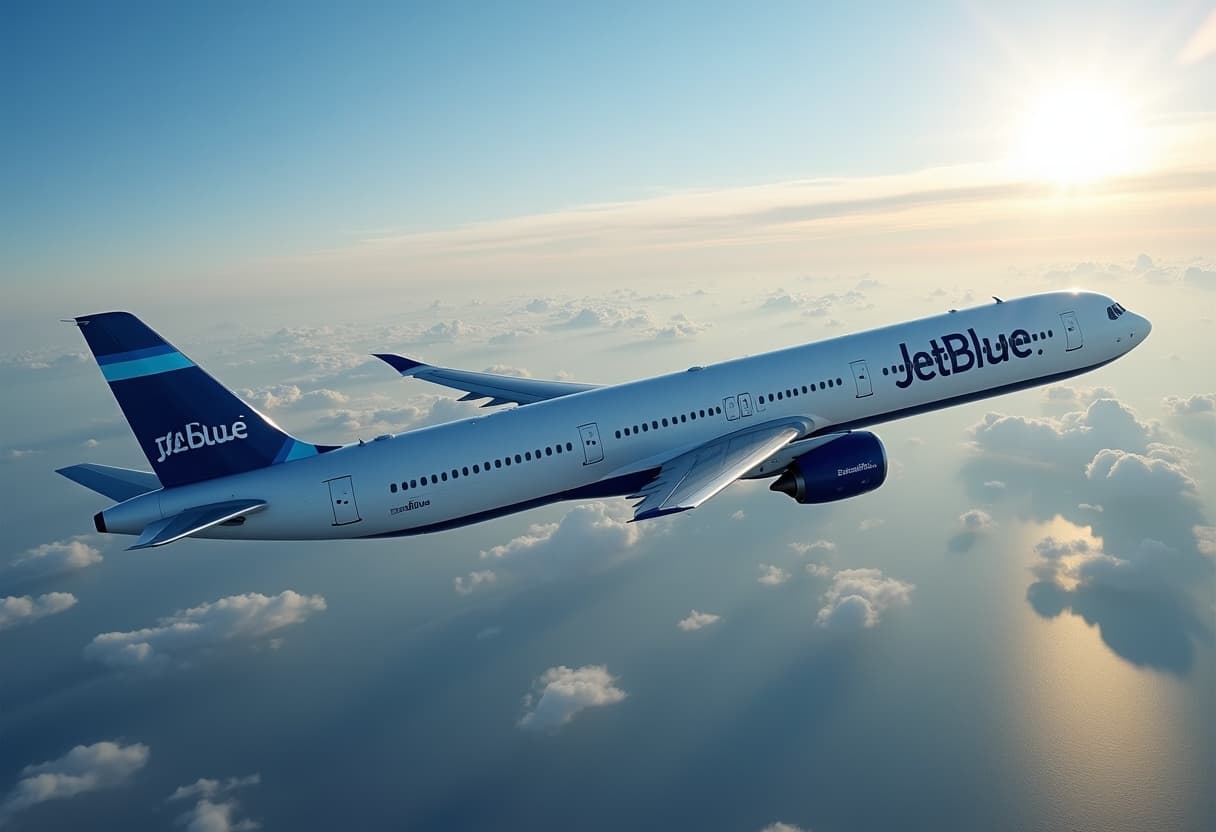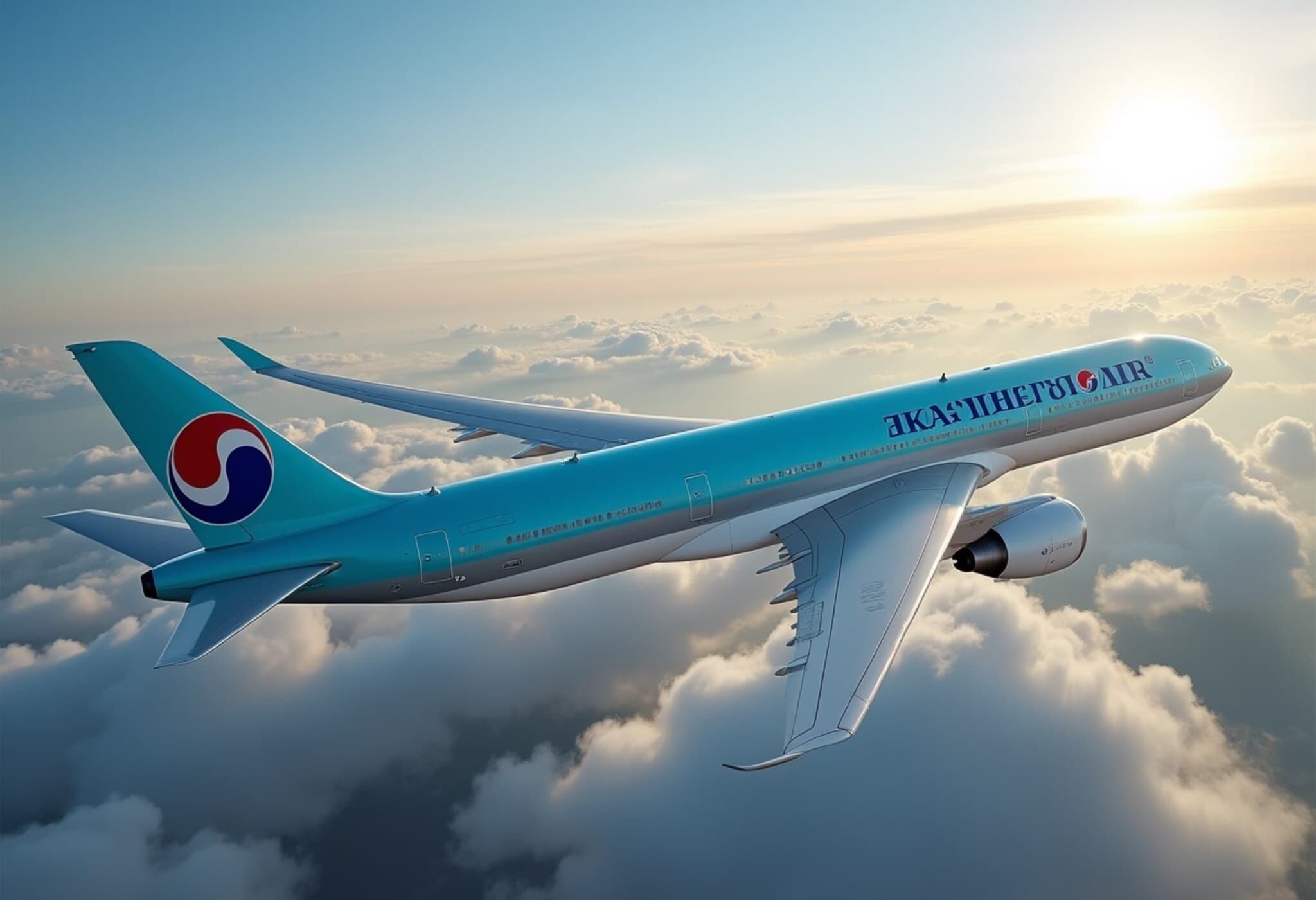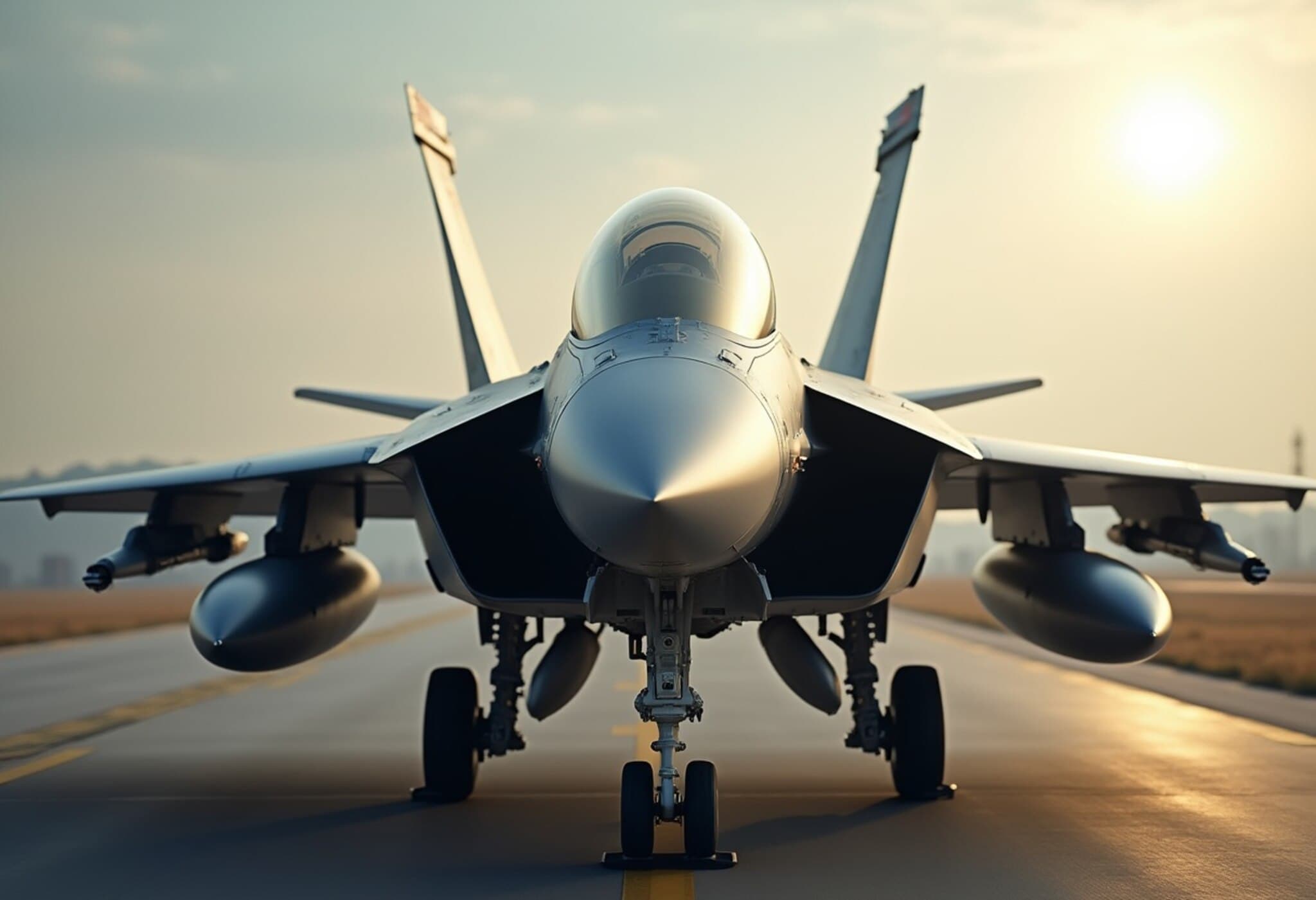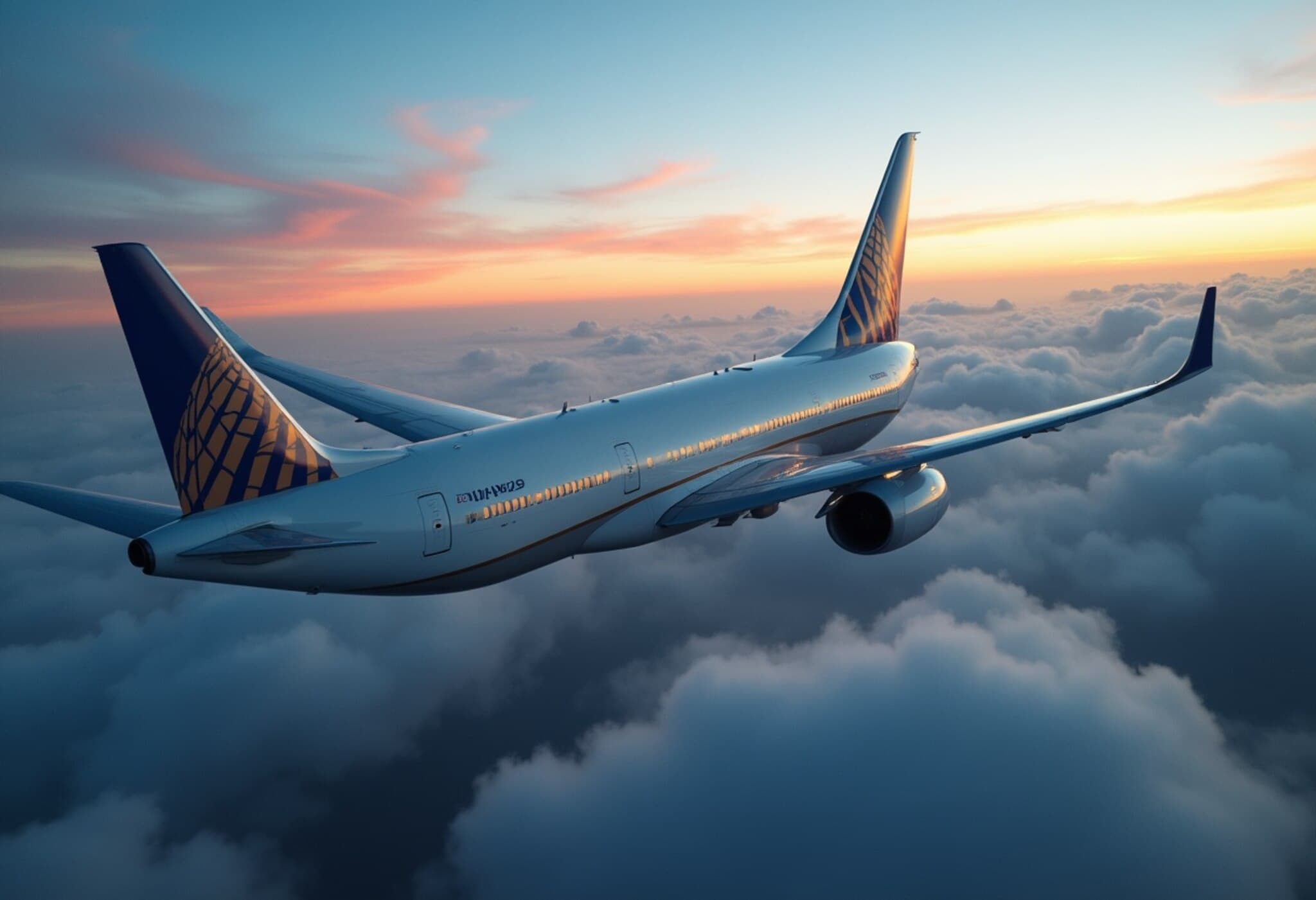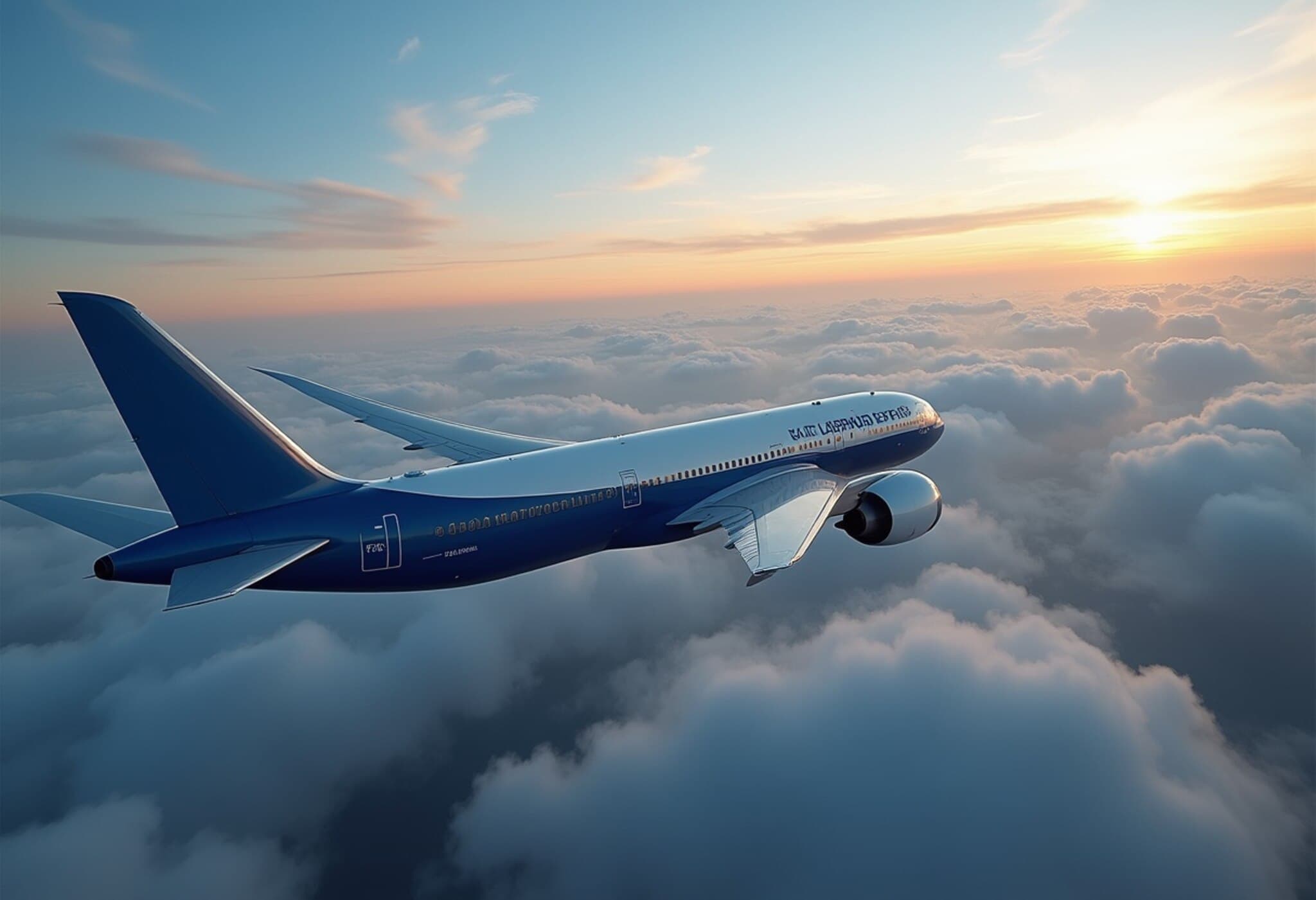United Airlines Halts Flights Across Major US Airports Due to Technology Failure
On August 7, 2025, United Airlines faced an unexpected disruption that led to a ground stop across multiple key airports in the United States, including Newark, San Francisco, Chicago, Denver, and Houston’s Bush Intercontinental Airport. This nationwide pause was driven by a technology issue that forced the airline to hold all its mainline departures at their origin airports.
FAA Enforces Ground Stop at United’s Request
The Federal Aviation Administration (FAA) intervened promptly, issuing a ground stop following United’s internal alerts of a technical failure. A ground stop is a safety protocol used to halt aircraft from departing when operational challenges arise that could compromise safety or efficiency.
A United Airlines spokesperson explained, "Due to a technology issue, all United mainline flights are being held at their departure airports." The airline anticipated additional delays throughout the evening while its technical teams worked diligently to resolve the problem.
Passengers Caught in the Crossfire: Frustrations and Delays
Travelers expressed their frustrations on social media platforms, particularly on X (formerly Twitter), sharing stories of disrupted itineraries and growing uncertainty. United acknowledged their concerns, stating, "We’re aware of the system error at this time and are working on a fix to have you on your way as soon as possible. We understand that this disruption has caused frustrations during your travel and appreciate your continued patience."
Understanding the Stakes: The Impact Beyond the Flight Deck
While the immediate inconvenience to passengers is evident, this incident underscores a broader vulnerability within the airline industry: growing reliance on complex technological systems. Flight operations depend heavily on synchronized software platforms that manage everything from crew scheduling to air traffic control communications.
As airplanes sat idle, cascading delays could ripple across the national airspace system, impacting connecting flights, airport staffing, and even regional economies that depend heavily on timely air travel.
Expert Perspective: What This Means for Aviation Technology Reliability
Transportation policy analyst Dr. Samantha Greene comments, "Technology glitches like these expose not only operational risks but also cybersecurity and system redundancy challenges. Airlines and regulators must continually invest in robust backup systems and real-time monitoring to mitigate such disruptions."
In an era where passenger expectations for seamless travel are higher than ever, the reputational stakes for airlines encountering technical failures are significant. Transparent communication—as seen through United’s public responses—and swift remediation efforts remain crucial to maintaining passenger trust.
Looking Ahead: Steps for Passengers and the Industry
- For Travelers: It’s advisable to check flight statuses frequently and allow extra time when scheduling trips during airline disruptions.
- For Airlines: Continued investment in resilient technologies and proactive contingency planning are necessary to prevent widespread disruptions.
- For Regulators: Enhanced oversight of airline IT infrastructure can help ensure public safety and maintain system-wide operational integrity.
Editor’s Note
This episode with United Airlines highlights a growing challenge in modern aviation: balancing advanced technology’s benefits with vulnerabilities it introduces. As the transportation sector pushes forward into an ever more interconnected digital age, the question remains—are airports and airlines prepared to handle the shockwaves of technological failures without grounding entire fleets and leaving passengers stranded? The incident invites a closer look at industry resilience and the imperative for transparent crisis management.

